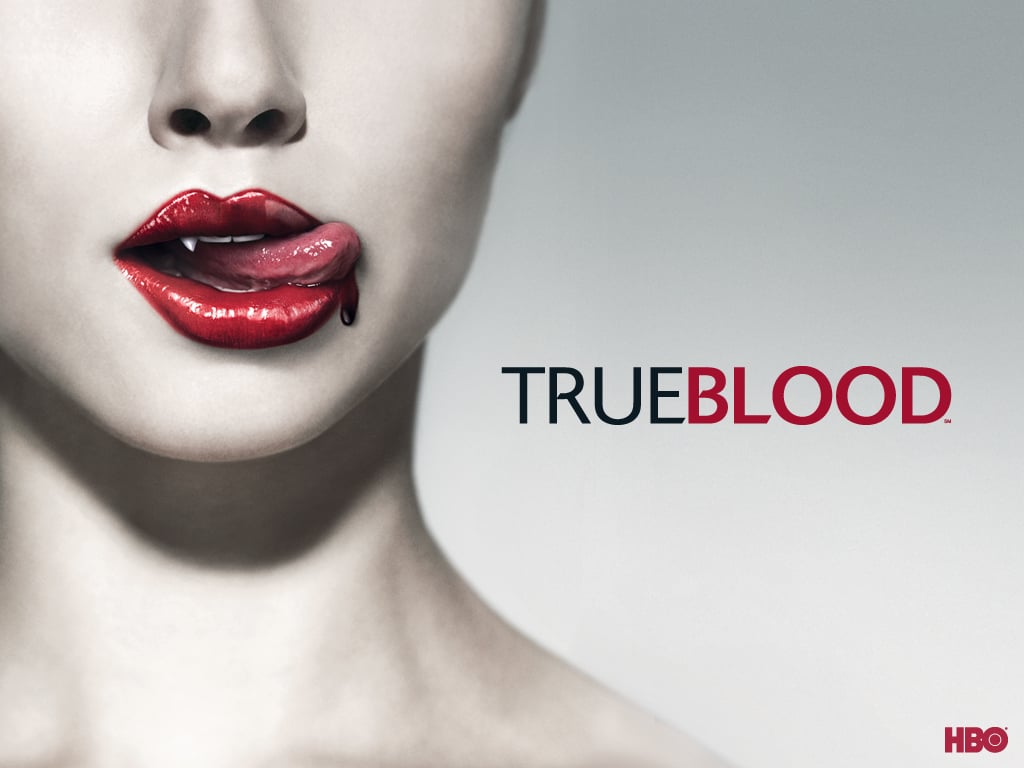‘True Blood’ won’t admit it’s a soap?
They couldn’t make the season finale’s mayhem any more mayhem-ish than usual
Share
 At last, a post with no mention of Daniel Hugh Kelly (except that one). True Blood‘s season finale didn’t seem to please a lot of people — well, online, anyway; it got lots of viewers, though not nearly as many as The Closer or Rizzoli & Isles, and some of them must have been happy with it. This post by Erika at Seriality sums up a lot of the problems that fans have been having with the show, particularly the fact that it’s splintered into so many different storylines that none of them seem to be satisfying.
At last, a post with no mention of Daniel Hugh Kelly (except that one). True Blood‘s season finale didn’t seem to please a lot of people — well, online, anyway; it got lots of viewers, though not nearly as many as The Closer or Rizzoli & Isles, and some of them must have been happy with it. This post by Erika at Seriality sums up a lot of the problems that fans have been having with the show, particularly the fact that it’s splintered into so many different storylines that none of them seem to be satisfying.
Now, as I said, I suspect many True Blood viewers don’t have a problem with this, and again, this comes back to the soap-opera format. True Blood didn’t start out intending to be a prime-time soap opera, but that’s what it is. Like many soap operas, it started with a relatively narrow focus — in this case, the focus provided by the books’ first-person narration — and grew from there, giving more characters their own storylines, and having more stories that aren’t clearly connected to the nominal main story. (It’s a key feature of many soap operas that by the time it’s been on for a few years, you can’t even remember who the main characters were originally supposed to be.) And the stories play out in little blocks, one after the other.
As I said earlier, this has a lot in common with the storytelling on regular serialized shows, particularly on HBO. But there are differences too, and True Blood may not have completely figured out how to deal with them. With a serial drama, the season finale is usually expected to wrap stuff up to a certain extent. Not that everything is resolved, but just that you can watch the season and see that there has been a story that played out from beginning to end over the course of those 13-24 episodes. (24 is the ultimate example, of course.) Soaps aren’t like that. Hardly anything ever gets resolved, and when something does get resolved, it’s almost thrown away in the rush to introduce a new unresolved plot point. As this point, True Blood has no real central character and no real endgame except to keep us in suspense, which means it’s going to look bad if evaluated the way we evaluate, say, a season of The Sopranos.
But also, Jeremy Mongeau said something to the effect that True Blood hasn’t fully embraced its identity as a soap opera, and that the finale didn’t work even by prime-time soap standards. And there’s something to that as well. It’s possible to do a soap finale that satisfies the audience. Dallas practically invented the concept of the season finale as a big deal (the last episode of the season was no big deal at all for much of TV history), and when that show was at its best, it would leave every plot line hanging while still making the audience feel as if the finale wasn’t just a random episode. They, and other prime-time soaps, did it by sending everything to the next level in the season finale; the most famous example is “Who Shot J.R.?” where many of the plot points become so heightened that everybody is given a reason not just to hate J.R. but to shoot him. True Blood does not have that ability, at least this season, to raise the stakes that high in the season finale, perhaps because the show is always operating at fever pitch, trying to create maximum levels of campy melodrama at every possible moment. It’s like they really couldn’t make the season finale’s mayhem seem any more mayhem-ish than the rest of the season.
Also, shooting somebody works better as a cliffhanger than anything involving fairies.